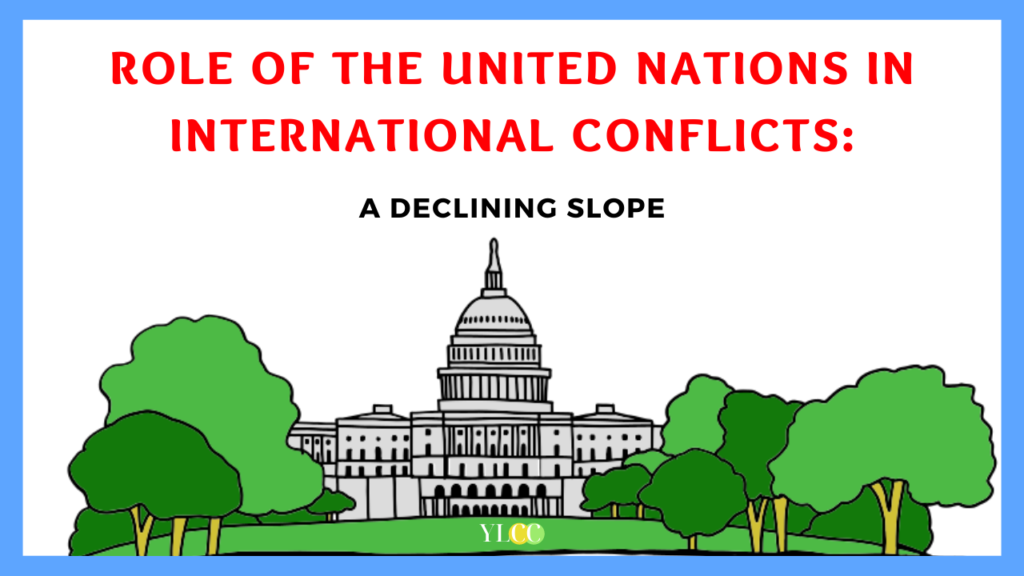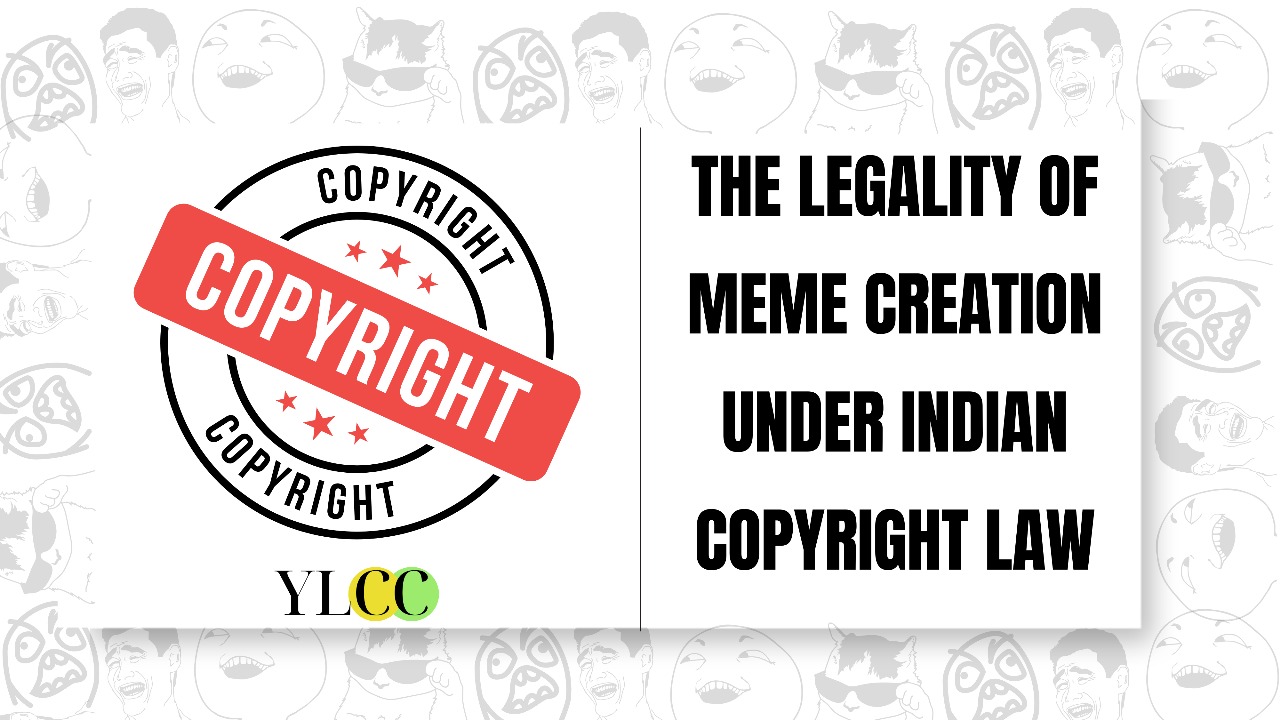
The end of the deadly war was near, nations were shattered and world cried for peace. Representatives of almost 50 countries came together at the United Nations Conference on International Organization in San Francisco, California from April 25 to June 26, 1945. From there began the journey of drafting and signing the UN Charter which led to the creation of an entity which the world had hoped will prevent another world war. United Nations is an intergovernmental organizational created with the purpose of maintaining international peace and security and be a centre for harmonizing the actions of member nations. It has been 75 years since its establishment and UN continues to strive to fulfil its purpose.
In the 75th year of its establishment, UN is faced with challenges like never before. With the issues such as climate crisis, a global pandemic, trade wars, great power competition, etc. eroding the global co-operation, UN is in a difficult situation. In a scenario like this, it becomes essential to analyse and scrutinize UN’s ability to not be side-lined or divided. “A failure of the UN is normally better understood as a failure of international co-operation.”[1] This failure clearly demonstrates itself as UN’s incompetency in dealing with crises like the ethnic cleansing of Rohingyas, the civil conflict in Syria, etc.
The recent crisis in Ukraine has led many to question UN’s relevance in today’s world. A cause of frustration is the bureaucratic dimension of the UN. Experts are of the opinion that the bureaucratic inefficiencies and excess caution is the reason that other NGOs outperform UN.
This article mainly tries to answer the question, ‘Is the role of United Nations declining in international conflicts?’ using the context of recent Ukraine crisis and the Taliban conflict.
FAILURE TO ACT DURING UKRAINE CRISIS:
“Since its inception, the UN has always encountered criticism from different sides. For, example there is the accusation that it is biased, inefficient and incompetent in dealing with issues facing (faced by) the international community.”[2] If one were to look into UN’s history, one would find numerous incidents to support this contention. The most recent example would be its failure to act during the Ukraine crisis. The Russian invasion of Ukraine has exposed to the world, major flaws in the administrative order of the UN.
The war in Ukraine has proved that the veto power of the Security Council’s permanent five proves to a major roadblock for world peace. Any member can draw up a resolution but, Russia with its veto, can overrule it. According to various political analysts, this situation is likely to be parallel to the situation of Crimea. Although western countries are rallying support and imposing heavy sanctions, the sanctions do not have the concrete effect. Various diplomats have criticised the council and its member for taking a silent seat and watching as the crisis unfolds.
FAILURE TO ACT DURING THE TALIBAN CONFLICT:
Another very recent example of UN’s failure in maintaining international peace and order was during the Taliban conflict in 2021. The United Nations stood and watched the Taliban take over Kabul and the events that ensued further.
However, here, though UN could have done a lot to help Afghanistan overcome its devastating economic and humanitarian crisis, it was the individual states that overpowered and undermined the UN from providing the necessary help. This the reason why the General Assembly resolutions only act as recommendations and not as harsh deterrents. Many voices have been raised criticising the fact that UN has continued to respond to crises in a climate of inept improvisation. Some scholars have also noted that UN often tends to take a more responsive approach than a reactive one. “The primary obstacle threatening the capacity of the UN remains, ‘how to deal with conflicts – be they between or within states – without offending the national sovereignty of its member states.”[3] Another key variable here is the financing. One of the key financial contributors is the US and because of this, it holds an unquestionable influence on various mandates on the organisation.
FLAWS REVEALED:
The recent events and UN’s failure to handle them has revealed certain flaws within the organization. The major flaw is the role of elite countries. The five permanent members of the UNSC are perceived to have created an exclusive nuclear club and this has led to accusations that the council addresses the issues keeping in view the interests of these P5. Another criticism in this context is the veto power of the P5. This power has proved to be a roadblock to any possible action the Council may take. As of July 2019, USSR and Russia vetoed 141 times, US vetoed 83 times, UK 32 times, France 18 times and China 14 times. It is believed that this aspect of the UN is unjust and anachronistic as the UN is supposed to represent all members states equally.
“The Security Council’s job is to maintain international peace. Its ability to do so has been severely constrained in recent years, in large part because of bitter divisions between Russia and the West.” This statement has been proven numerous times during the past, especially during the Cold War and the recent Ukraine crisis. The evident gaps between Russia and the West restrain the UN from acting against sever and ongoing international peace issues.
Another major critic is the temporary term on the Security Council given to member nations. Critics argue that the permanent membership should include non-nuclear powers which would democratize the organization while some countries argue that the concept of permanency must be completely removed.
CONCLUSION:
There is sufficient evidence to prove the proposition that the relevance of UN has declined immensely over the past decades. There is no doubt that some of its humanitarian missions have met with adequate success. However, UN needs to adapt and it can be deduced from ordinary reason that an organization established in 1945 is a poor fit for today’s systematic global challenges.
The aforementioned flaws of the UNSC and the UN conclude that there is a need for comprehensive reforms within the structure of this organization. An organization like the United Nations needs to be independent and be a voice that represents all the nations and their interests equally. Scholars and experts often suggest the to bring in this, the veto power of the P5 needs to be curbed. “This could be done by adding a clause to Article 27 that would allow a large double majority—representing, for example, at least two-thirds of member countries and two-thirds of the world’s population—to override a veto.”[4]
Every crisis is an opportunity. With peace and humanity increasingly at risk, UN and the Security Council can and should play a larger role in mitigating dangers. To achieve this goal, UN is in need of some strict, radical reforms.
[1] https://lighthouse.mq.edu.au/article/june-2020/75-years-of-the-un-its-triumphs-and-disasters
[2] Emad Mayer-Mruwat, ‘United Nations: Critiques and Reforms’, Journal of Third World Studies, Vol. 15, page 221-237
[3] Hanhimäki, ‘The United Nations’, pp. 3.
[4] Kemal Dervis and Jose Antonio Ocampo, ‘Will Ukraine’s tragedy spur UN Security Council reform?’, URL https://www.brookings.edu/opinions/will-ukraines-tragedy-spur-un-security-council-reform/
YLCC would like to thank Chaitrali Mane for her valuable insights in this article.







